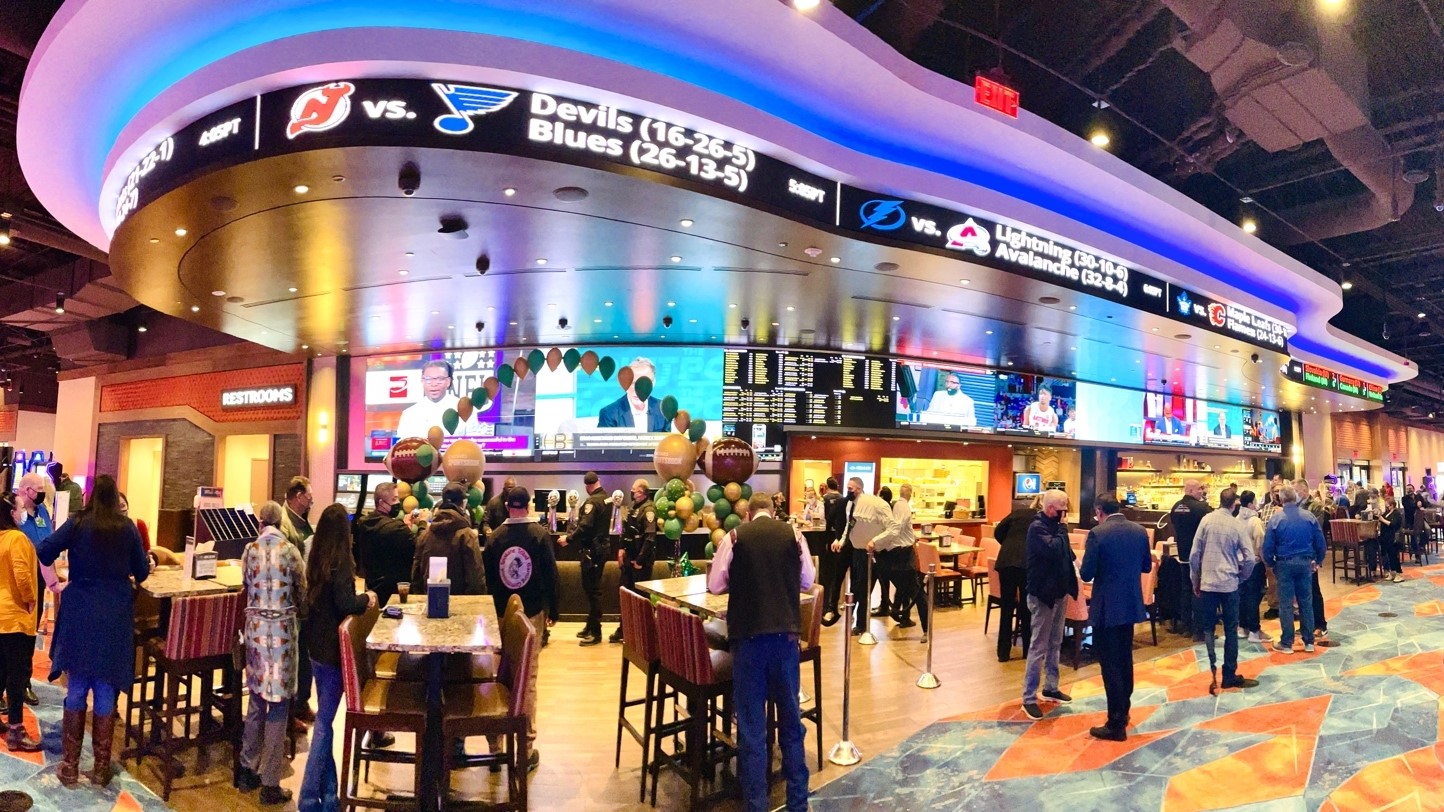A D.C. federal judge has granted Washington’s motion to pause a suit from gambling operator Maverick Gaming alleging the state allows Native American tribes to hold a monopoly on gambling rights, reports Law360.
U.S. District Judge Florence Y. Pan approved the petition to pause all legal proceedings until the court resolves pending motions, ruling his court must first decide on the plaintiff’s request to drop the state from the lawsuit.
The state has requested the case to be transferred to Washington federal court. Meanwhile, Maverick sought on March 10 to amend its complaint, seeking to only include the federal government and drop the state from the suit.
Washington-based Maverick Gaming decided to sue for the right to offer sports betting in its home state, challenging what the business claims is an “erroneous” application of the Indian Gaming Regulatory Act to give tribal interests a monopoly on types of gaming that are not allowed in non-tribal gaming properties.
“We support and respect tribal equality and sovereignty,” said Eric Persson, CEO and co-founder of Maverick Gaming prior to the January suit. “Our decision to file this litigation is founded on the same values that we have brought to all of our efforts at Maverick Gaming.”
In its amended filing, the business argued that, in order to promote “judicial efficiency,” it would be limiting its challenges to the federal government, alleging the US Department of the Interior violated the Administrative Procedure Act in approving tribal compact amendments, further reports the cited source. The move was a response to state officials’ request in February that the D.C. federal court pause the suit and transfer it to the Western District of Washington.
“The Indian Gaming Regulatory Act was intended to guarantee parity between tribal and non-tribal gaming, but unfortunately Washington State is misusing IGRA to instead create tribal monopolies on certain types of gaming, such as sports betting,” said Theodore B. Olson, partner at Gibson Dunn, which represents Maverick, back in January.
Washington state officials have argued the D.C. court lacks personal jurisdiction over them and that Maverick should have brought the case in their state, given the allegations are about businesses based there. Maverick is seeking a declaratory judgment that all the states’ gambling compacts and amendments are void and unenforceable, reports Law360.
To that end, Maverick sued the federal government, Washington state officials -including Gov. Jay Inslee-, members of the Washington State Gambling Commission, and DOI Secretary Deb Haaland, who approved compact amendments; as well as other parties.
Maverick owns and operates 19 cardrooms in Washington State, which it argues represents “only a tiny footprint” of the legal marketplace when measured by revenue. According to the business, by granting tribes sole control over sports betting, they would have a monopoly over gambling.
“Contrary to IGRA’s own words, the law is being used to insulate tribes in Washington State from competition that exists in many other states with legal gaming marketplaces,” Olson said earlier this year.
As stated in its filings, Maverick is now requesting for the 29 Washington tribal gambling compacts to be declared illegal given the IGRA seeks to approve gambling compacts if similar business opportunities are provided to non-tribal entities: this would not be the case under a monopoly, Maverick argues.



